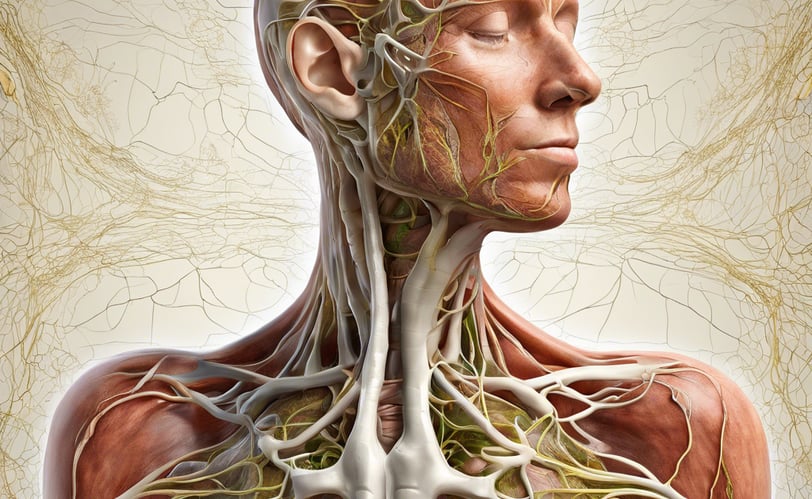Lymphoma Cancer: Causes, Symptoms, and Treatment
Learn about Lymphoma Cancer: its causes, symptoms, and treatment options. Stay informed to effectively manage and understand this type of cancer. #Lymphoma


Introduction
Lymphoma cancer is a type of cancer that affects the lymphatic system, which is an essential part of the immune system. It occurs when there is an abnormal growth of cells in the lymphocytes, a type of white blood cell found in the lymph nodes, spleen, thymus, and bone marrow. In this article, we will explore the causes, symptoms, and treatment options for lymphoma cancer.
Causes of Lymphoma Cancer
The exact cause of lymphoma cancer is still unknown. However, certain risk factors have been identified, including:
Genetic predisposition
Exposure to certain chemicals and toxins
Infections such as Epstein-Barr virus and human immunodeficiency virus (HIV)
Autoimmune diseases
Previous radiation or chemotherapy treatment
Symptoms of Lymphoma Cancer
The symptoms of lymphoma cancer can vary depending on the type and stage of the disease. Common symptoms include:
Enlarged lymph nodes
Unexplained weight loss
Fever and night sweats
Fatigue and weakness
Persistent itching
Shortness of breath
Swollen abdomen
Recurring infections
Treatment for Lymphoma Cancer
The treatment for lymphoma cancer depends on several factors, including the type and stage of the disease, as well as the patient's overall health. The main treatment options include:
Chemotherapy: This involves the use of drugs to kill cancer cells.
Radiation therapy: High-energy beams are used to destroy cancer cells.
Immunotherapy: This treatment helps the immune system to recognize and attack cancer cells.
Targeted therapy: Drugs are used to target specific abnormalities in cancer cells.
Stem cell transplant: Healthy stem cells are used to replace damaged or destroyed cells.
Conclusion
Lymphoma cancer is a complex disease that requires a comprehensive approach to diagnosis and treatment. It is important to be aware of the potential causes and symptoms to seek timely medical attention. If you or someone you know is experiencing any concerning symptoms, it is crucial to consult a healthcare professional for further evaluation and guidance. With advancements in medical research and treatment options, there is hope for improved outcomes and a better quality of life for individuals affected by lymphoma cancer.
